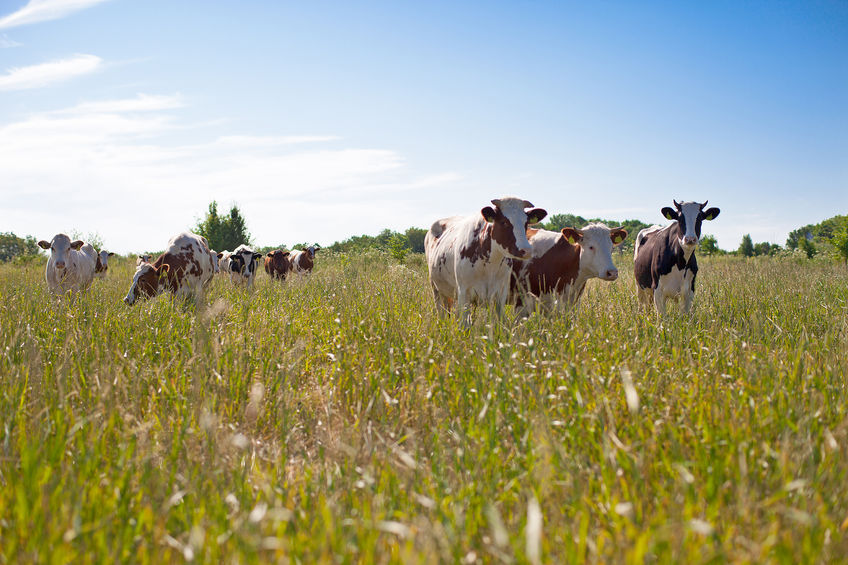
A proposed Scottish government bill looking to curb greenhouse gas emissions could prove "disastrous" for the livestock sector.
A stark warning has come from Quality Meat Scotland (QMS) on the upcoming Scottish Parliament Climate Change Bill.
The red-meat body said the implications of the proposed Climate Bill and the wider “anti-red meat” agenda exceeds the threat posed to the sector by many other challenges, including Brexit.
The bill, introduced to the Scottish Parliament in May 2018, looks to set a 90% reduction by 2050, with the aim of achieving 100% reduction, or “net-zero”, as soon as possible.
However, Chairman of QMS, Jim McLaren said a “net zero” ambition would mean the end of viable livestock farming in Scotland.
The bill sets out the various options which could be adopted in terms of targets for reducing greenhouse gas emissions.
But Mr McLaren said Scotland is already leading the world with a target of an 80% reduction on 1990 levels.
“Setting a legal net zero target now would require 16,000 ha of woodland planting per year, the use of GM crop technology and zero livestock production,” Mr McLaren warned.
'Not fit for purpose'
All this is taking place, he added, against a backdrop of a "totally inadequate" system for measuring emissions from agriculture, which he argued is “not fit for purpose.”
“At the very core of every emissions reduction measure ever invented, is the reduction of waste and the more efficient utilisation of all resources,” Mr McLaren said.
“In agricultural terms, this includes improvements in animal health and welfare, increased conception rates leading to more animals on the ground, more efficient use of artificial fertilisers through soil testing and targeted lime application, and better use of grazed grass.
“Yet under the current method of assessing emissions, every one of these measures increases the carbon footprint of agriculture – despite the fact we all know that they are greatly reducing the emissions per unit of production,” he added.
Despite the warnings from the farming industry, green groups are urging MSPs to push for stronger targets on emissions, including the net-zero goal by 2050 at the latest and 77 per cent emissions cuts by 2030.
